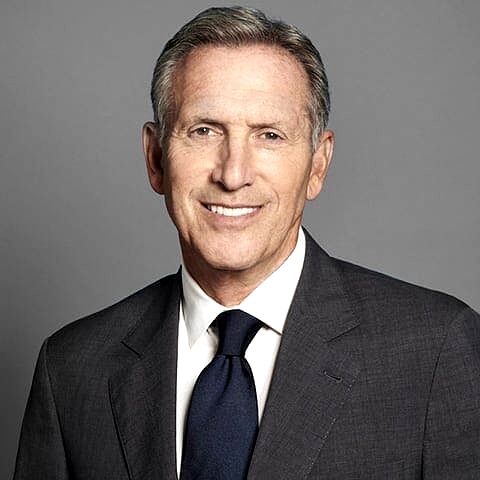Howard Schultz's Book Recommendations
Howard Schultz is the former CEO of Starbucks, where he transformed the company into a global coffeehouse empire. Under his leadership, Starbucks grew from a small Seattle-based chain to a ubiquitous brand with thousands of stores worldwide. Schultz is also an accomplished author, known for his books "Pour Your Heart Into It" and "Onward," which delve into his personal journey and the business philosophies that drove Starbucks' success. His literary contributions offer valuable insights into entrepreneurship, leadership, and social responsibility. Schultz's work has inspired countless readers and aspiring business leaders around the globe.

Start Listening to Book Summary
Books in the Collection
Book Summaries
Just Mercy Book Summary
In "Just Mercy," Bryan Stevenson shares his harrowing experiences as a lawyer defending the wrongfully condemned, particularly focusing on Walter McMillian's case. With gripping narratives and profound insight, Stevenson exposes the racial and economic injustices entrenched in the American legal system. His relentless pursuit of justice illuminates the resilience of the human spirit and the power of mercy. As he navigates through a world rife with prejudice, readers are compelled to confront uncomfortable truths about justice and redemption. This eye-opening journey not only advocates for the voiceless but also challenges us to reflect on our own societal values.
The Politics Industry Book Summary
In 'The Politics Industry', authors Katherine M. Gehl and Michael E. Porter unveil the surprising dynamics of the political landscape, likening it to a competitive industry. They argue that political competition is stifled by a two-party system that hampers innovation and responsiveness to citizens' needs. Through compelling research and case studies, the authors illustrate how this industry structure fosters inefficiency and polarization. Gehl and Porter propose a revolutionary framework for reform that could empower voters and reinvigorate democracy. What if the future of politics was not only about leadership but also about rethinking the very system that shapes our choices?





